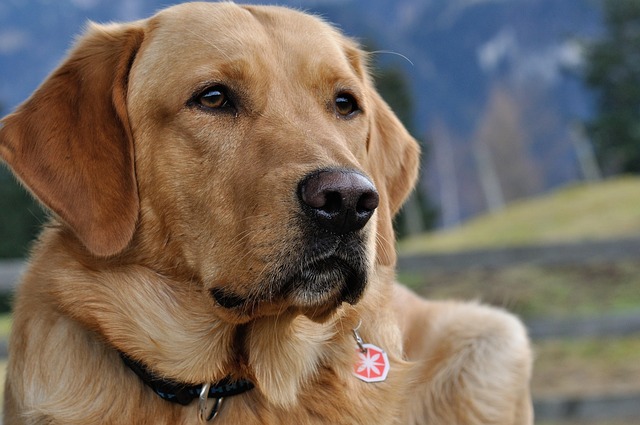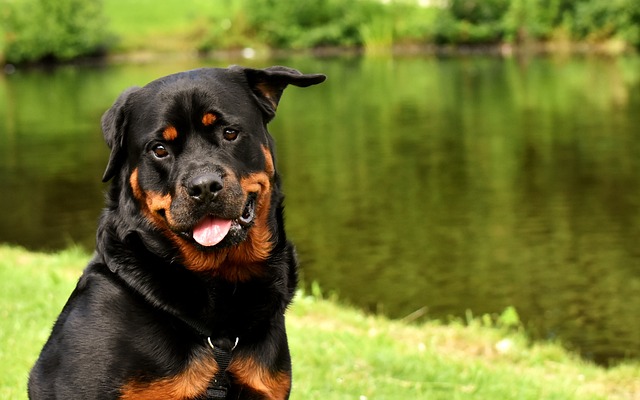
how to get rid of dog tooth decay
how to get rid of dog tooth decay? Imagine this: You’re playing fetch with your 3-year-old Lab in a Florida backyard, and when he drops the ball, you notice a dark spot on his back molar
Why can’t dogs have coconut water? It’s a question that might pop into your head on a sweltering Miami afternoon, when you’re sipping an ice-cold coconut water and your Lab mix pants at your feet, tongue lolling. It seems healthy—natural, hydrating, packed with electrolytes—so why not share? But before you pour a bowl, let’s dig into what makes this tropical drink trickier for pups than it looks.
The issue boils down to what’s in coconut water: namely, potassium. Humans need potassium for healthy muscles and nerves, but dogs’ bodies handle it differently. A 1-cup serving of coconut water can have up to 600mg of potassium—way more than a 50-pound dog should get in a day (vets recommend around 200-300mg). Too much potassium can overload their kidneys, leading to vomiting, weakness, or even heart issues. A vet in Austin once treated a Cocker Spaniel that drank half a bottle of coconut water; the poor pup ended up with an upset stomach for two days, all because of that extra potassium punch. It’s not that coconut water is “toxic”—it’s about balance, and dogs’ systems just aren’t built to handle those levels.
So, what if you already gave them a sip? Don’t panic. A tiny taste (like a teaspoon) is unlikely to hurt most dogs. But keep an eye out for signs of trouble: excessive peeing, lethargy, or loss of appetite. If you notice any, call your vet—better safe than sorry. For hydration, stick to plain, cool water. If your pup needs a little flavor, try a splash of low-sodium chicken broth (no onions or garlic, which are harmful) instead.

Now, let’s tie this to life as a U.S. dog owner. Legally, stay on top of vaccines—rabies shots are required in all 50 states, and places like New York City even ask for proof if you take your dog to public parks. When you’re out walking, always pack poop bags; fines in Chicago hit $300, and a hydrated dog (with water, not coconut water) means more potty stops to clean up after. Culturally, remember positive reinforcement applies to treats too—if your dog begs for your coconut water, don’t scold. Redirect them with a toy or a dog-safe snack instead. In apartments, keep water bowls in easy-to-clean spots (tile, not carpet) to avoid messes from slobbery sips. For community walks, bring a portable water bowl—staying hydrated is key, but stick to the good stuff (H2O) to keep your pup happy and healthy.
At the end of the day, coconut water is better left for your afternoon refreshment. Your dog will thrive on plain water, and you’ll avoid unnecessary vet trips. That Miami Lab mix? He’s perfectly content with a bowl of cool water and a game of fetch—no coconut required.

how to get rid of dog tooth decay? Imagine this: You’re playing fetch with your 3-year-old Lab in a Florida backyard, and when he drops the ball, you notice a dark spot on his back molar

What are the side effects of dog dental powder? Picture this: You’re a new dog parent in Austin, Texas, excited to tackle your Beagle’s stinky breath.

Do dental powders really work for dogs? It’s a question that might cross your mind while standing in the pet supply aisle of a suburban Ohio grocery store

If you've ever tried to give your dog eye drops, you know the drill: the way your pup tenses up, ears back, as if the little bottle in your hand is a tiny monster. It's a common struggle for new pet parents—no shame in admitting it.

Do dog dental chews help with bad breath? If you’ve ever leaned in for a snuggle with your pup, only to recoil from a cloud of stinky breath that smells like old socks and wet dirt

You’ve seen those ads – your pup happily crunching a biscuit while magically achieving sparkling teeth. It sounds almost too good to be true, right?